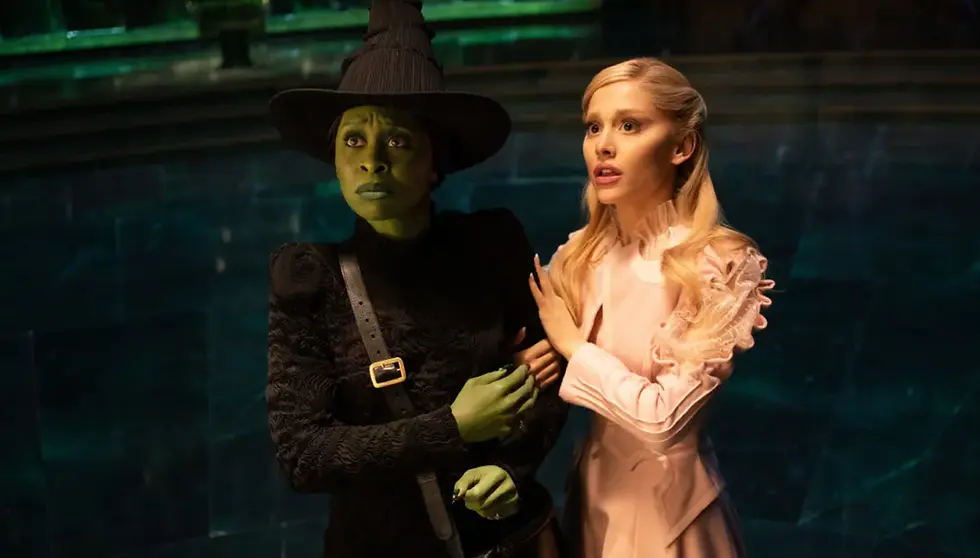A Tale of Two Cities - Regent's Park Open Air Theatre
- comaweng
- Jul 22, 2017
- 3 min read

There has to be a first time for everything, I suppose, and this production of A Tale of Two Cities is the first production I’ve come across at Regent’s Park Open Air Theatre that was a spectacular failure. To give you some idea of how often I’m at the OAT, a) I’ve abbreviated it to ‘OAT’ and b) their Commercial Director, Andy Locke, greeted me by name at the interval. I don’t see all their productions without fail – there are too many venues and shows in and around London to try to get around to. But I couldn’t help looking at the back cover of the show’s programme, an advertisement for Half A Sixpence, and wishing I was seeing that production again, or perhaps any number of different shows infinitely more deserving to be on the London stage than this one.
Not having read the novel by Charles Dickens, I came to see this show ‘blind’, and promptly got lost. A chap on my right spent an inexorable amount of time talking to his partner, explaining what was going on: he was quite sure that there were a large number of similarities between the novel and this stage adaptation. The chap on my left was palpably frustrated, not being able to understand what was going on. For my part, I was reassured by other members of the audience glancing repeatedly at their programmes that I wasn’t the only one who had to keep returning to the synopsis to figure out where we were.
The stage revolves, but to little purpose. All there ever is to see are three blue containers and the contents therein. At one point a table is brought on (and then, of course, later brought back off) but revolves aren’t required for that. Repeated references to “hundreds of people” made no sense – I counted nine on stage. The audience is also expected to believe that Sydney Carton (Nicholas Karimi) looks like Charles Darnay (Jude Owusu), as per the novel: but on stage, these two have neither a similar build nor hairstyle nor height.
Most of the cast are utterly dull. The exceptions, aside from the aforementioned Karimi’s Carton and Owusu’s Darnay are Dr Manette (Patrick Driver) and Jarvis Lorry (Kevork Malikyan), and two child actors – one out of Aliya Ali, Foyinsola Ighodalo and Olivea Puci and one out of Evie Buxton, Mia Dalley and Kaitlyn Kou. Manette is a plausible nervous wreck, a victim of post-traumatic stress disorder brought on by a stay in the Bastille Saint-Antoine, a state penitentiary subjected to rioting on 14 July 1789.
I like the vision of this production but detest its execution. I can see why the OAT didn’t want to do a solidly faithful-to-the-original stage version of a well-read novel. But the stuff of those scenic BBC films would, in this instance, have been far better. I wondered whether this was some sort of community project, such was the near-universal stilted and artificial delivery of Matthew Dunster’s script. I was therefore astonished to discover the usual lists of previous professional credits in the programme. At times whatever certain characters were saying simply could not be heard. It is not sufficient to blame the outdoor surroundings for this – this is a venue that stages musicals with every line of every number understood perfectly.
The show may well win some brownie points (ahem) from the left-wing white liberals who are so quick to cry villainy when a cast in a major London venue is majority-white let alone all-white. But there are characters (too much of a spoiler to say precisely whom) who can’t even ‘die’ with any credibility, slumping to the floor in what comes across as a grossly under-rehearsed – nay, unrehearsed – manner.
It was difficult to tell whether the show was in London or Paris (the two cities of the show’s title) at times, or whether it was set back in the day or in modern times. The Monseigneur (Nicholas Khan) and his royal court are dressed in nineteenth-century finery, but the other characters are in distinctly contemporary modes of dress. Again, where are we? Quite a few people left at the interval – “it was the worst of times” indeed. Bleurgh.




Comments